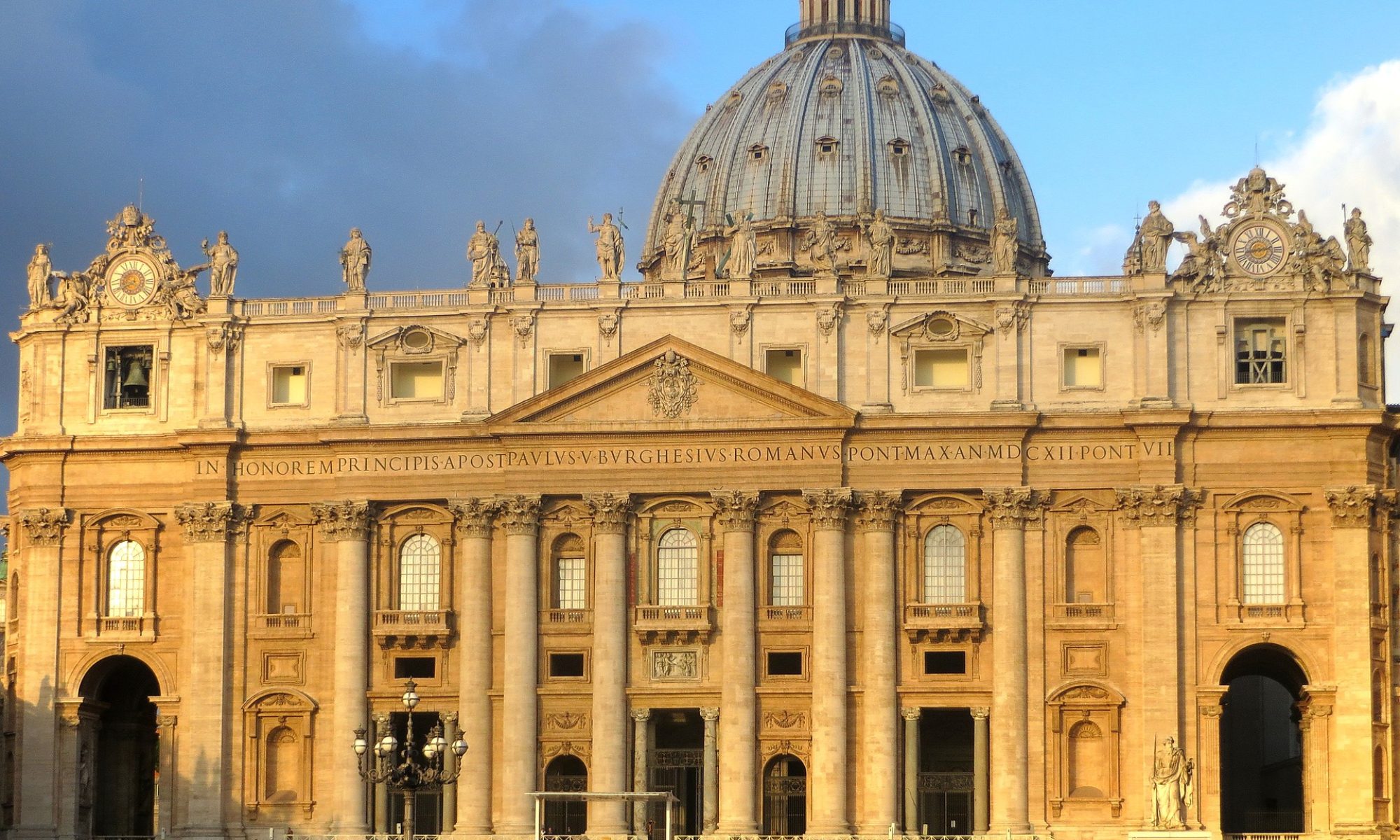The Swiss theologian was the forerunner of positions considered at the time “extreme” or even “disruptive” which then became “mainstream”.

With Hans Küng (1928-2021) a piece of contemporary theology has gone.
Expert at the Second Vatican Council, from a very young age a professor in Tübingen, a brilliant (and very verbose) theologian with dozens of books on almost all knowledge in the religious field, suspended by the Vatican as a “Catholic theologian” for a critical book on papal infallibility, becoming a sort of guru on universalist and pan-religious theology, Küng has in some way represented the dynamics of Catholic theology of the late twentieth century. It can be said that, in the pendulum between Catholicity and Romanity which are the ellipses of Roman Catholicism, Küng has pushed heavily on Catholicity and has put Romanity into suffering, but without ever breaking the Roman and Catholic synthesis that holds Roman Catholicism together.
Even before Vatican II, the search for catholicity had prompted him to support in his doctoral thesis (1957) the compatibility between the doctrine of justification of the Council of Trent and that of Karl Barth. Almost 40 years before the 1999 “Joint Declaration between Catholics and Lutherans on Justification”, Küng had substantially anticipated that the Catholic Church would officially do its own.
It is true that in the 1960s Küng published some critical books on the traditional ecclesiology of Rome up to his volume on infallibility (1970) in which he questioned not the infallibility itself of the Roman Pope, but the formulation of the dogma of infallibility of 1870, too static and ahistorical for him.
For these critical positions he was deprived of recognition as a Catholic theologian, making him a symbol of the dissident Catholic Church, together with the liberation theologians who in Latin America were subjected to similar disciplinary measures by the Vatican for their positions close to Marxism. Küng did not miss an opportunity to criticize the Catholic Church’s failure to assimilate Vatican II, emphasizing the moral rigorism of the hierarchy, the power structure that dominated everything, the imposition of celibacy, etc.
After a few decades, however, both Küng and the liberation theologians have been essentially re-assimilated by the absorbing catholicity of Rome. It does not mean that the Vatican has fully accepted their theses, but it has included them as legitimate expressions of the search for truth within the parameters of the present-day generous ecclesiastical magisterium. Moreover, after Küng’s book on infallibility, Rome has practically abandoned this controversial dogma from its public discourse. The dogma is still there, but nobody talks about it.
Küng’s catholicity found its climax in its openness to religions in search for a “world ethos” which served as a prelude to a mutual recognition of all religions as legitimate forms of divine revelation and ways to salvation. According to this project, there is no peace between nations without peace between religions; there is no peace between religions without dialogue between religions; there is no dialogue between religions without a global ethical model; there is no survival on our planet in peace and justice without a new paradigm of international relations on global ethical models.
It seems to read as an embryonic form of what Pope Francis writes in the encyclical “All Brothers” (2020). Actually, the Pope surpasses Küng in proclaiming the universal brotherhood among all religions and in affirming that without spiritual brotherhood there is no peace. What then seemed to be Küng’s avant-garde positions are now the circulating capital of the magisterium which has even extended and developed them in an even more universalist sense. If compared with what Pope Francis says today, Küng’s theses appear timid and partially open. The Vatican has largely surpassed them “on the left”.
Therefore, the Swiss theologian was the forerunner of positions considered at the time “extreme” or even “disruptive” which then became “mainstream”. He was among the theologians who stressed the catholicity over the Roman aspect, but without breaking the synthesis of Roman Catholicism, indeed helping to rebalance the point of tension between the two.

